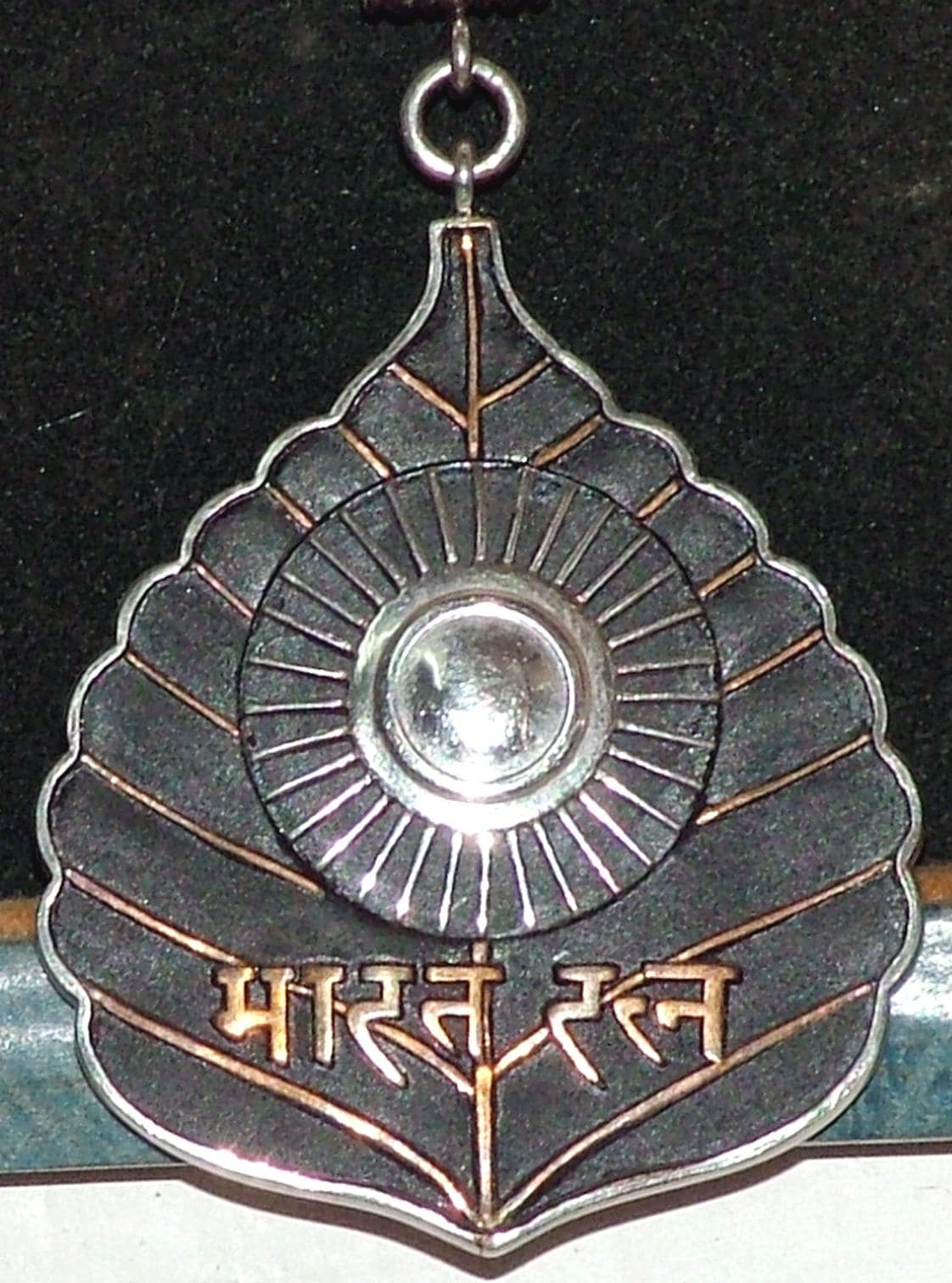[ad_1]
)
Bharat Ratna (Photo: Wikimedia Commons)
On Tuesday, a day after performing the pran pratishtha of the deity at the Ram Temple in Ayodhya, Prime Minister Narendra Modi announced his government’s decision to confer the Bharat Ratna on former Bihar Chief Minister Karpoori Thakur. Thakur introduced reservations for the most backward castes (MBCs) within the larger quota for backward castes, or OBCs, in 1978. Referred to as the ‘Karpoori Thakur formula’, it predated the Mandal Commission implementation by 12 years.
During his nearly ten years at the helm, the PM tried melding the ‘Mandal versus Kamandal’ politics of 1990. Over 48 hours, the PM embraced the two streams considered adversarial. In 2017, the Modi government instituted the G Rohini Commission for sub-categorising the OBC quota to ensure that extremely backward classes (EBCs) accrue the benefits of reservation, which dominant OBCs, such as Yadavs, are perceived to have cornered. The commission submitted its report last year.
However, the decision to confer Bharat Ratna on Karpoori Thakur, who hailed from a poor nai (barber) caste, also strikes at the dominant OBC versus extremely backward classes’ social dynamics in Bihar. Karpoori Thakur mentored and shaped Lalu Prasad and Nitish Kumar’s engagement with politics, both of whom carried forward the backward classes and Dalit assertion in Bihar.
However, EBCs saw Prasad’s rule as one monopolised by Yadavs, a resentment that Kumar harnessed to win, in alliance with the Bharatiya Janata Party (BJP), in 2005. Last year’s caste survey in Bihar enumerated the socio-economic status of OBCs and EBCs as distinct categories. Last month, the BJP picked Mohan Yadav as its Madhya Pradesh Chief Minister. The conferring of Bharat Ratna on Karpoori Thakur also counters the demand for a nationwide caste census by the Congress and its India bloc allies, such as the Samajwadi Party, Janata Dal (United), and Rashtriya Janata Dal.
Born on January 24, 1924, Thakur participated in the freedom struggle and was a member of the Congress Socialist Party and later the Praja Socialist Party. He was a legislator of the Bihar assembly from 1952 until his death in February 1988, barring a brief stint as a Lok Sabha member in 1977, which he quit to become the Bihar CM. Karpoori Thakur was the Bihar CM for two stints, from December 1970 to June 1971 and June 1977 to April 1979. On Tuesday, followers and admirers of Karpoori Thakur concluded their year-long centenary celebrations in Patna when the news that the socialist icon was conferred Bharat Ratna was announced. Arun Srivastava, a socialist activist who had organised meetings to mark Karpoori Thakur’s centenary, told Business Standard that he welcomed the decision. “Modi will end up appropriating socialist icons as well,” commented an organiser of the centenary celebrations.
Former Union Finance Minister and civil servant Yashwant Sinha, Karpoori Thakur’s principal secretary in 1978-79, remembered him as a true mass leader. According to Sinha, Thakur had been treated shabbily as a child by the upper-caste landlords of his village. Thakur told Sinha that he was good at his studies. When he passed his matriculation with good marks, his father took him to the village landlord to inform him about Karpoori’s achievement. “Very good. I am happy at your achievement. Now come and press my legs.” Karpoori did so and even later stepped in for his barber father to cut people’s hair or shave beards. “Despite all the humiliation he had suffered in his early life, Karpoori was remarkably free of any rancour for the upper castes,” Sinha said.
Apart from introducing reservations, Karpoori Thakur was a votary of giving government contracts to unemployed youth, such as engineers, arming Dalits so that they could defend against attacks by upper-caste militias and advocated the use of Hindi in education and official work. Karpoori Thakur kept his family, comprising his wife, two sons, and an “invisible” daughter. On one occasion, when Sinha and an associate called on the CM’s wife, who lived in the family’s ancestral village, she insisted they have a cup of tea. “As we hung around, she lit a wood fire to heat the water. The house itself was a thatched hut with absolutely no trappings of modernity or comfort,” he wrote in his autobiography. His son, Ramnath Thakur, is a Rajya Sabha member.
First Published: Jan 23 2024 | 10:16 PM IST
[ad_2]

